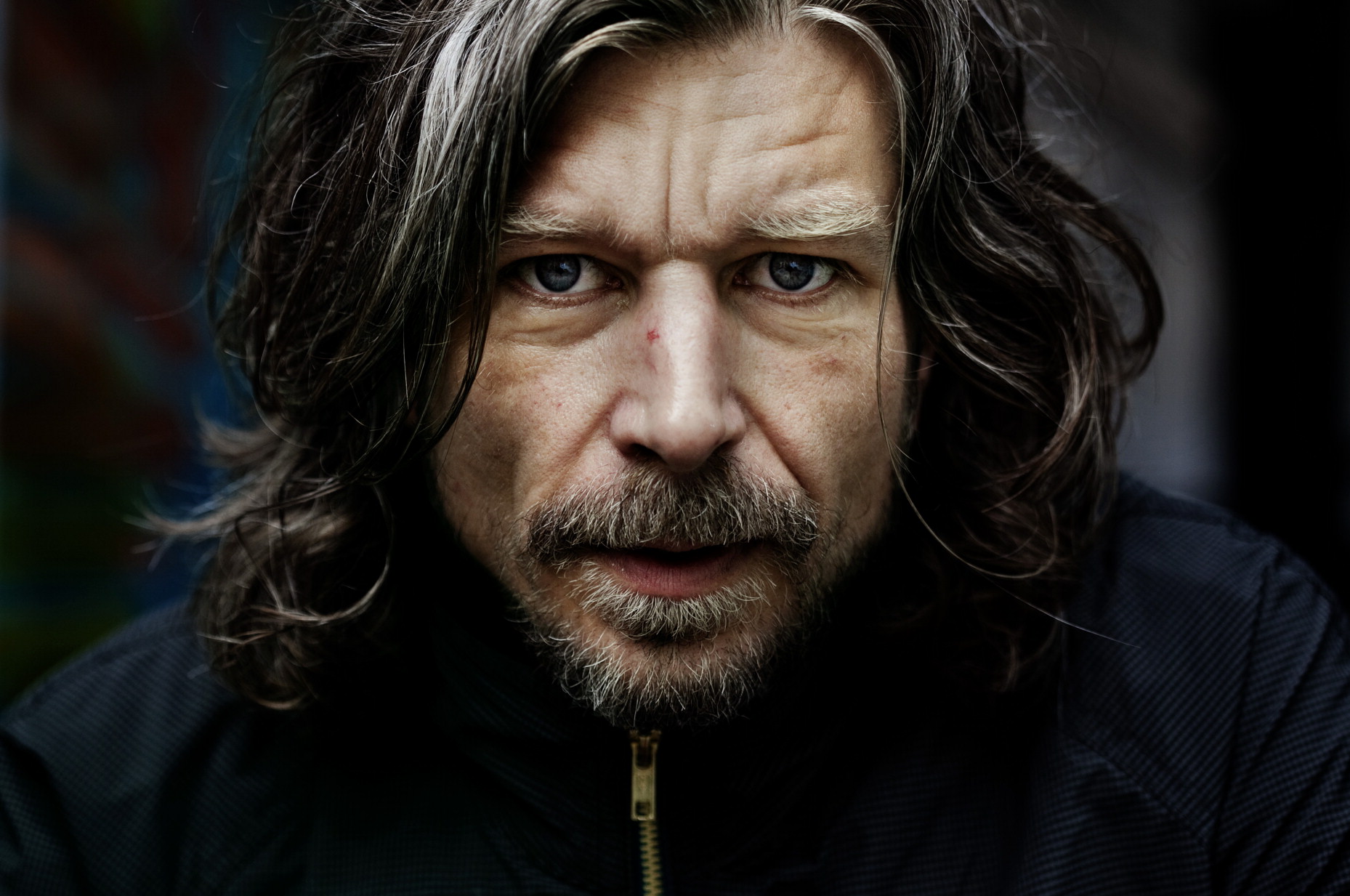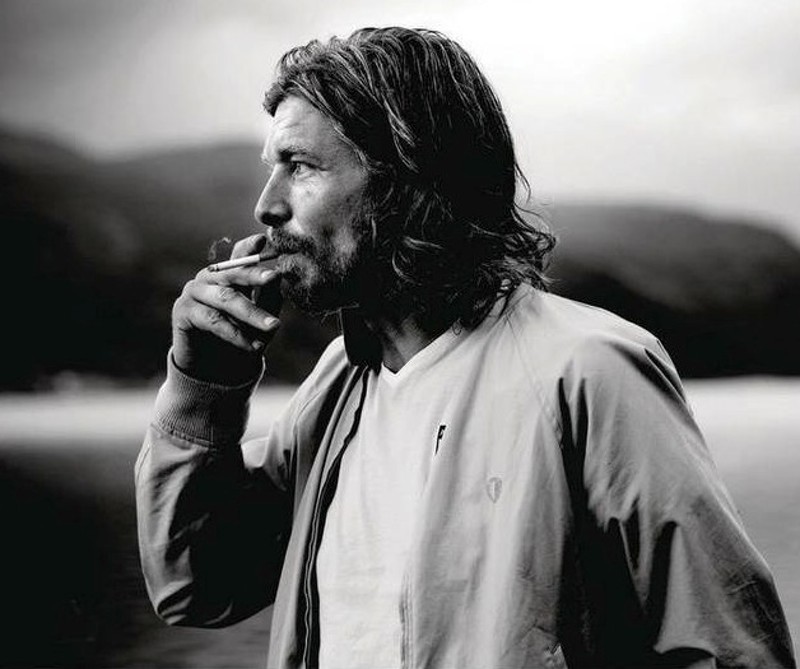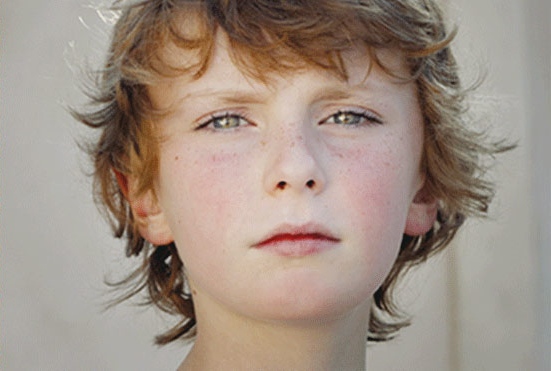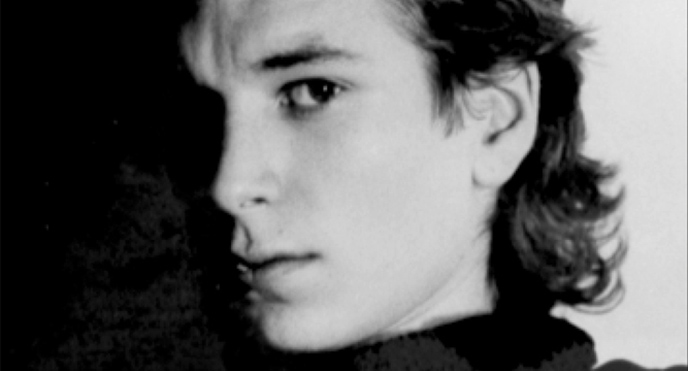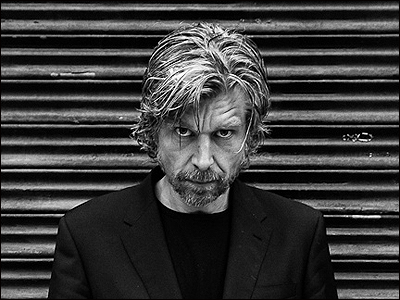My Struggle, vol. 4: Omari, September 1
Portland, OR
Dear Cecily, Diana, Dan, Sarah, Jess, Ari, Jacob and Katherine,
I've been traveling. Moving.
I spent a week driving across the country with twelve small U-Haul boxes full of books (teaching, reading, loving books), two big plastic totes full of clothes and coats, one small box full of shoes and sneakers, a lot of love for all that I was taking and leaving behind, a garbage bag full of a comforter that multiple people have owned, and a picture that a very good friend's daughter drew which I like to say is a portrait of me but is, in fact, a nexus of expertly drawn intersecting squiggly lines.
I've wondered about what it would mean to move to the west coast with the same sense of running away from something that Karl Ove shows in the fourth volume of My Struggle. K and I are at radically different points in our lives. I'm starting a new life at almost thirty years old as one of the very few black faculty members at a small liberal arts college in the notoriously non-black Pacific Northwest. K is just beginning his adult life teaching primary school students in a Northern Norwegian fishing village after just finishing gymnas (what I suppose would be called secondary school in English). So maybe not everything's different—we've both moved across a country to teach and we both thoroughly enjoy R.E.M.'s "It's the End of the World as We Know It." And so I can say that from the beginning, because we're on comparable even if dissimilar journeys, I just didn't feel the great divide that marked my last letter, in which I couldn't put race to the backburner any longer. I needed Book 4 to put me more at ease with the runt I couldn't stand in Book 3.
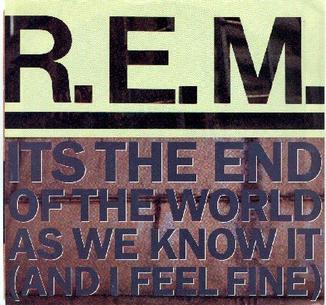
I'm not running away from things because I remember my childhood fondly, whereas K often focuses on so much that was off about how he grew up. I see the kinds of affects that K attaches to his childhood from his vantage point of a 40-year-old man fictively and colorfully remembering being an 18-year-old kid who sometimes remembers being even younger, and they aren't pretty. When he retreads old ground, he can turn what I originally read as a fond incident into one of harrowing consequences. For instance, K summarizes a short story that he writes upon arriving in Hajford and it's a retelling of one of the few memories that charmed me in Book 3: the one where K and Geir frolic through a garbage dump and encounter men shooting at rats. In the memory, the scene becomes existential (à la Sartre) when one of the men kills a rat that hadn't died after suffering a bad wound. The man immediately asks, to no one in particular, "Oh, why did I do that?" In the story about that memory that K writes as a young adult, the noxious whimsy of children playing in trash takes a backseat to discipline and punishment (à la Foucault). When the children get home from their adventure too late, one is locked overnight in a tiny room with the hot-water tank (à la Harry Potter). I've downplayed how bad K's childhood was before, but no matter how I read it, it's clear that K felt like he had things to flee from.
And so, knowing this, I come to Katherine's return to Dan's age-old question: are we supposed to like K? And I can finally say that I do or, at least, I kind of like him when he was a late 80s emo kid. It makes me wonder whether the age of New Order and Peter Gabriel ushered in this new charming man: sensitive, full of emotion, basically harmless. He's still annoying, of course. The young boy who couldn't figure out why other young boys didn't enjoy when he matter-of-factly tells them that he's superior to them becomes the young man who wants to trick his peers into learning that he writes music reviews as an odd job. The young boy who fondled young girls underneath their sweaters becomes the sexually frustrated young man who wishes he lived in the Stone Age so that he could "hit the nearest woman on the head, and drag her home and do whatever I wanted" (123). K is far from perfect, but in this volume we begin to see the emergence of a man with the capability of being just self-reflective enough that in those moments when potentially reactive anger surfaces, Morrissey croons him back into writing a review for the second-best local paper.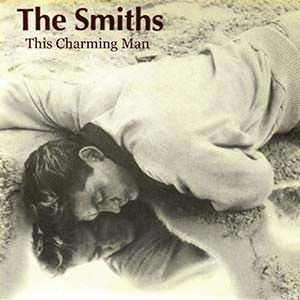
In my reading, I couldn't help but tie this new man to K's frank admission that, like many young men, he couldn't control his orgasms. I wanted to do research on premature ejaculation (but ultimately didn't have the time). I wanted to think alongside cultural theorists on the role of wet dreams in the construction of masculinity (but ultimately didn't have the motivation once I realized that neither of these topics were in one of my favorite monographs, Annamarie Jagose's Orgasmology). It's a formative experience for K, the orgasm that comes when no one wants it. In essence, K's orgasm is bittersweet. It is desired in the way that so many men desire the euphoric release of genetic material either into someone else or into a sock or into a rag of some sort. But that release can come at such inopportune moments. Here, I don't only gesture toward times of aborted sexual experience, like when K orgasms while debating whether or not he will get to have sex with his brother's girlfriend's younger sister, making said sex impossible. I mean to suggest that in several instances the orgasm flashes up in a moment of self-realization. Take my favorite example, in which K turns away from the satisfying task of commenting on student papers to relish the grave uncertainty that he's been feeling as a new teacher:
I wrote a similar comment in Andrea's book, read the three last ones, which all fell somewhere between the first two [in terms of quality], made a comment in each, slipped the pile into my bag, put on "My Bag" by Lloyd Cole, and gazed across the village as the music made the hairs on my arms stand on end. Slowly I began to move to the beat, a shoulder here, a foot there at first, then, after switching off the light so that no one below could see me, I danced away with my eyes closed, and sang from the bottom of my heart.
That night I came in my sleep. A wave of pleasure washed through me, carried me up toward the surface, where I had no desire to go, and I didn't, because just before I reached consciousness and the vague notion of who I was, how happy I was, became a reality, I sank back down into dark, heavy slumber, where I stayed until the alarm clock rang and I opened my eyes to a room full of light and to underpants that were sticky with semen. (67)
I get it. Adolescent males have trouble controlling their dicks. But there's something more than just a wet dream operant here and it's that sharp shift from one affective mode to another that reveals a deep personal truth—here, the intense ambivalence about being a young teacher who is uncomfortable being young and dumb and in a new place. This makes sense; change is frightening even when you aren't willing to admit that you're afraid. But it's more than that because shame erupts here as an immediate affective defense against a pleasure that is socially forbidden. The response feels rather conditioned—that is, because the object of desire is most likely not only children but K's own students, he can only respond to the initial waves of biological jouissance by rejecting the implications of having been aroused by those he needs to educate and protect.
But then perhaps because adult K still feels intense embarrassment at supposedly having a sex dream about children or because he doesn't actually remember what spurred the nocturnal emission, we don't become privy to the dream. K seems to think his last actions while awake contributed to his orgasmic actions while asleep. And maybe they do. But what if K disregarded the shaming impulse? That's probably too much to ask of the kid teaching kids but I'm interested here in the mess of the orgasm and perhaps this gets back to why I've been so frustrated with K from the beginning. Perhaps I was too optimistic in Book 1 (shocking, I know). When K spoke so candidly about shit and piss and vomit and trash while cleaning his grandmother's home after his father's death, I wanted him to stay in that mode. I don't mean that I wish he had written a 3500-page scatological treatise. Rather, I wish K would be less willing to shy away from thinking through how refuse and bodily fluids can be at the center of how we operate in the world. They are, in fact, central liminal objects.I'm acutely aware that my letters have been a series of lamentations, but it's when K languishes in the mess that I feel he's the most perceptive and relevant. When he cuts his face in response to his future wife's rejection, I encounter vulnerability that firmly rejects the suffocating Norwegian ideal of manhood in favor of the freaks, to riff off the title of one of my favorite James Baldwin essays. When K is puking in his bathroom and trying to remember what he did the night before, I encounter a longing for meaning and for that which is not there and this helps me to identify with the man who temporarily lost me when he thought he was the next Hemingway with his first short story.
And so I end this admittedly short letter with two question that may seem like they're coming out of left field but must be asked: why don't you drink more white wine, K? Would this make me like you even more than I already do now?
Yours,
Omari
ALSO IN THIS SERIES:
The Slow Burn, v.2: An Introduction
My Struggle, vol. 1: Cecily, June 6
My Struggle, vol. 1: Diana, June 9
My Struggle, vol. 1: Omari, June 14
My Struggle, vol. 1: Dan, June 17
My Struggle, vol. 2: Omari, June 24
My Struggle, vol. 2: Cecily, July 1
My Struggle, vol. 2: Sarah Chihaya, July 5
My Struggle, vol. 2: Dan, July 12
My Struggle, vol. 2: Diana, July 16
My Struggle, vol. 2: Jess Arndt, July 18
My Struggle, vol. 3: Omari, July 25
My Struggle, vol. 3: Ari M. Brostoff, August 1
My Struggle, vol. 3: Dan, August 4
My Struggle, vol. 3: Jacob Brogan, August 8
My Struggle, vol. 3: Diana, August 12
My Struggle, vol. 4: Katherine Hill, August 25
My Struggle, vol. 4: Omari, September 1
My Struggle, vol. 4: Dan, September 2
My Struggle, vol. 4: Diana, September 15
My Struggle, vol. 5: Omari, September 27
My Struggle, vol. 5: Diana, October 3
My Struggle, vol. 5: Dan, October 13

